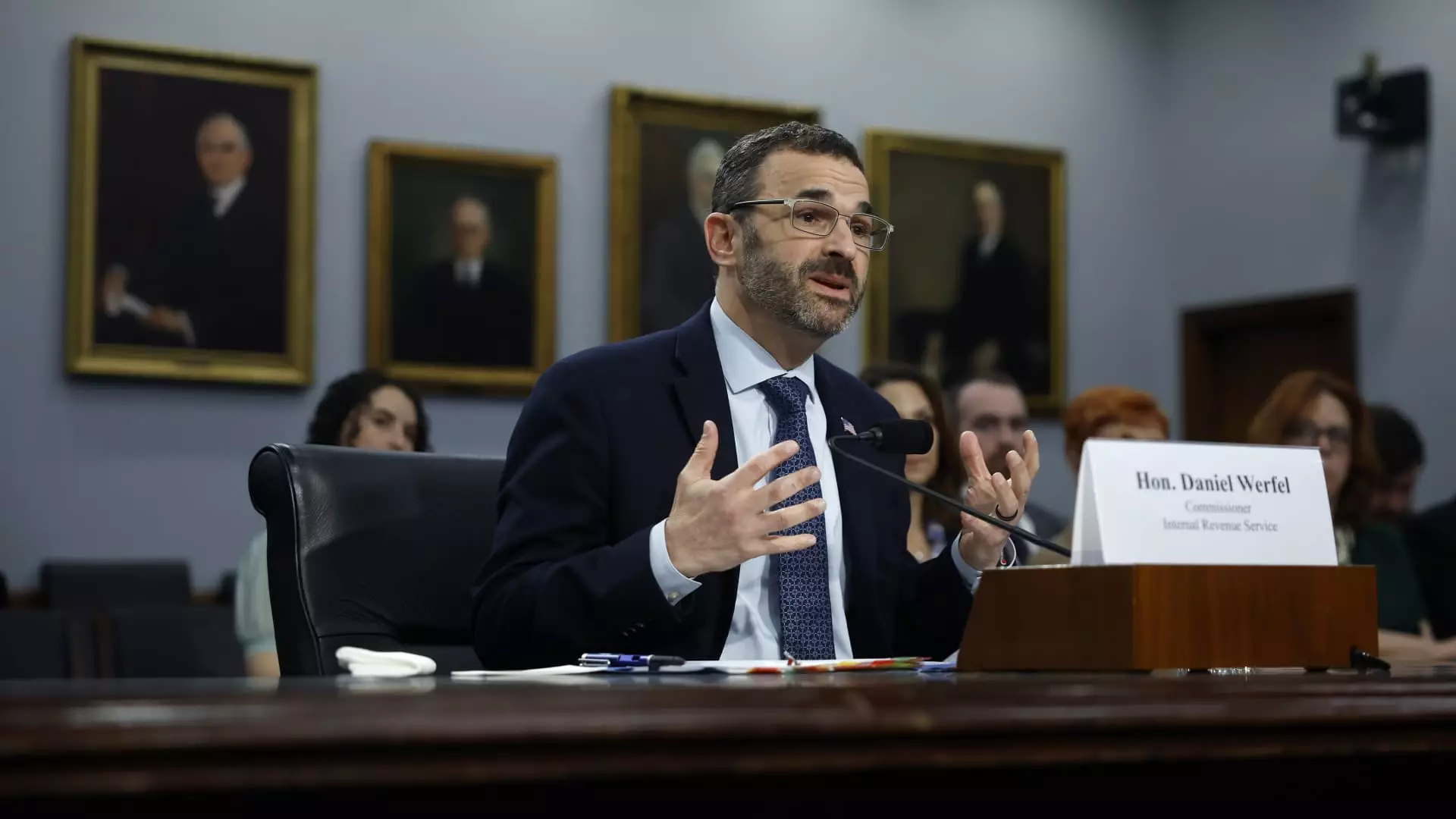The U.S. Department of the Treasury and the IRS have proudly announced a significant achievement in collecting over $1 billion in tax debt from high-income individuals in the past year. This accomplishment marks a major milestone for the IRS, showcasing its ability to target and recover debts from those who owe substantial amounts of taxes.
Treasury Secretary Janet Yellen emphasized the success of the IRS in collecting from millionaires and highlighted the importance of strategic new initiatives. With recent funding amounting to tens of billions, the IRS plans to expand its focus on individuals earning above $1 million annually, particularly those with over $250,000 in recognized tax debt. The goal is to maximize the return on investment by enhancing enforcement, technology, and data capabilities.
According to estimates by the agencies, the infusion of funding could potentially generate up to $851 billion through 2034 through enhanced enforcement measures. This funding was made possible through the Inflation Reduction Act enacted in 2022. Despite its positive impact, the increased IRS funding has faced criticism, especially from congressional Republicans.
IRS Commissioner Danny Werfel highlighted the significant improvements in tax collection from high-income earners following the funding increase. The audit rate for taxpayers earning $1 million or more was notably low at 0.7% in 2019 compared to 7.2% in 2011. Recent reports by the U.S. Government Accountability Office and the U.S. Treasury Inspector General for Tax Administration have addressed concerns regarding the audit process.
The IRS has focused on eliminating tax loopholes and ensuring that high-earning individuals pay their fair share of taxes. Recent plans unveiled by the IRS and Treasury aim to close major tax loopholes utilized by large partnerships, potentially increasing tax revenue by $50 billion over the next decade. The agency remains dedicated to improving compliance and enforcement efforts to combat tax evasion effectively.
The recent success of the IRS in collecting tax debt from high-income individuals demonstrates the agency’s commitment to ensuring tax compliance among wealthier taxpayers. With increased funding and strategic initiatives, the IRS is positioned to achieve substantial returns on investment and close tax loopholes that benefit the wealthy.

